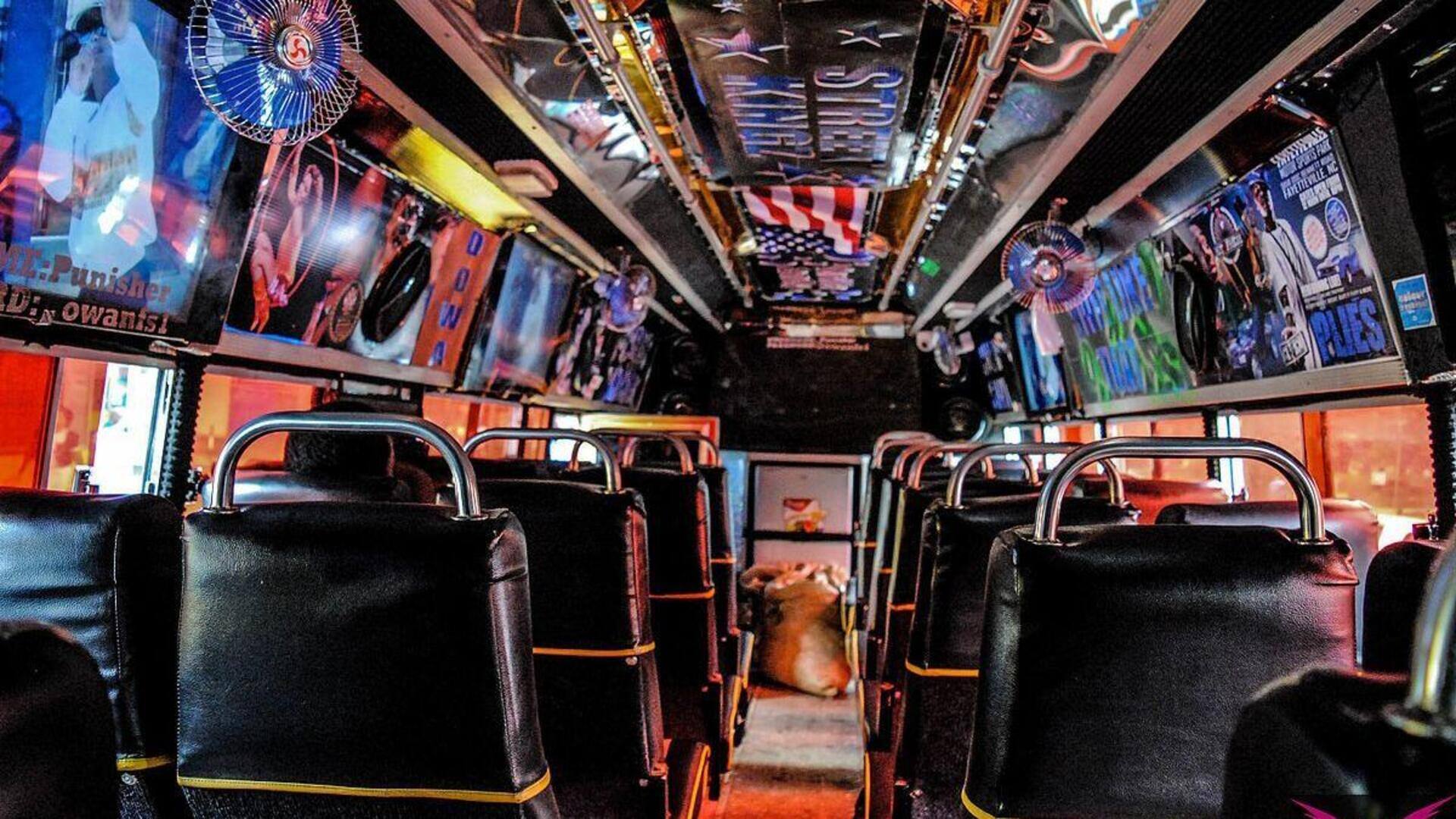
Tips to navigate public transport systems in Africa
What's the story
For the uninitiated, figuring out how to navigate Africa's public transport systems can be a bit of an adventure. The continent's vibrant network of minibuses, taxis, and trains functions within distinct systems that differ greatly from one country to another. This article serves as a guide, offering useful tips and insights for getting around like a local.
Modes
Understand the local transport modes
Every African country has its unique public transportation scene. For example, minibuses called matatus in Kenya or trotros in Ghana dominate short to medium-distance travel. On the other hand, countries like South Africa provide sophisticated train services. Understanding what options are available is the first step to mastering local transportation! Knowing the different modes, routes, and schedules can make navigating a city easier and more efficient.
Planning
Plan your route in advance
Since many African public transport systems lack comprehensive online scheduling information, it's wise to plan your route in advance. In addition to online research, try asking locals or consulting with your hotel or hostel staff about the best routes and transport modes. This approach not only saves time but also helps avoid potential confusion, ensuring a smoother and more enjoyable travel experience.
Change
Carry small change
Most African public transportation systems operate on a cash-only basis, so carrying enough small change is crucial for hassle-free payment of fares. Drivers or conductors often don't have the ability to provide change for large notes, so having coins and small bills (e.g., $1 or $2 notes) on hand will ensure smoother and quicker transactions.
Timing
Be mindful of peak hours
Much like the rest of the world, public transport in Africa gets extremely busy during peak hours—typically early mornings and late afternoons on weekdays. If you can, try to avoid these times. Not only will you avoid the discomfort of being packed in tightly, but you'll also reduce the risk of encountering pickpockets, who often take advantage of crowded spaces
Communication
Learn basic local phrases
Learning a few key phrases in the local language can make a world of difference when navigating public transportation in Africa. A basic greeting, coupled with the ability to ask for directions or inquire about the price (e.g., "How much is this?" or "Where does this go?"), will not only help you negotiate with drivers but also establish a positive rapport with your fellow passengers.